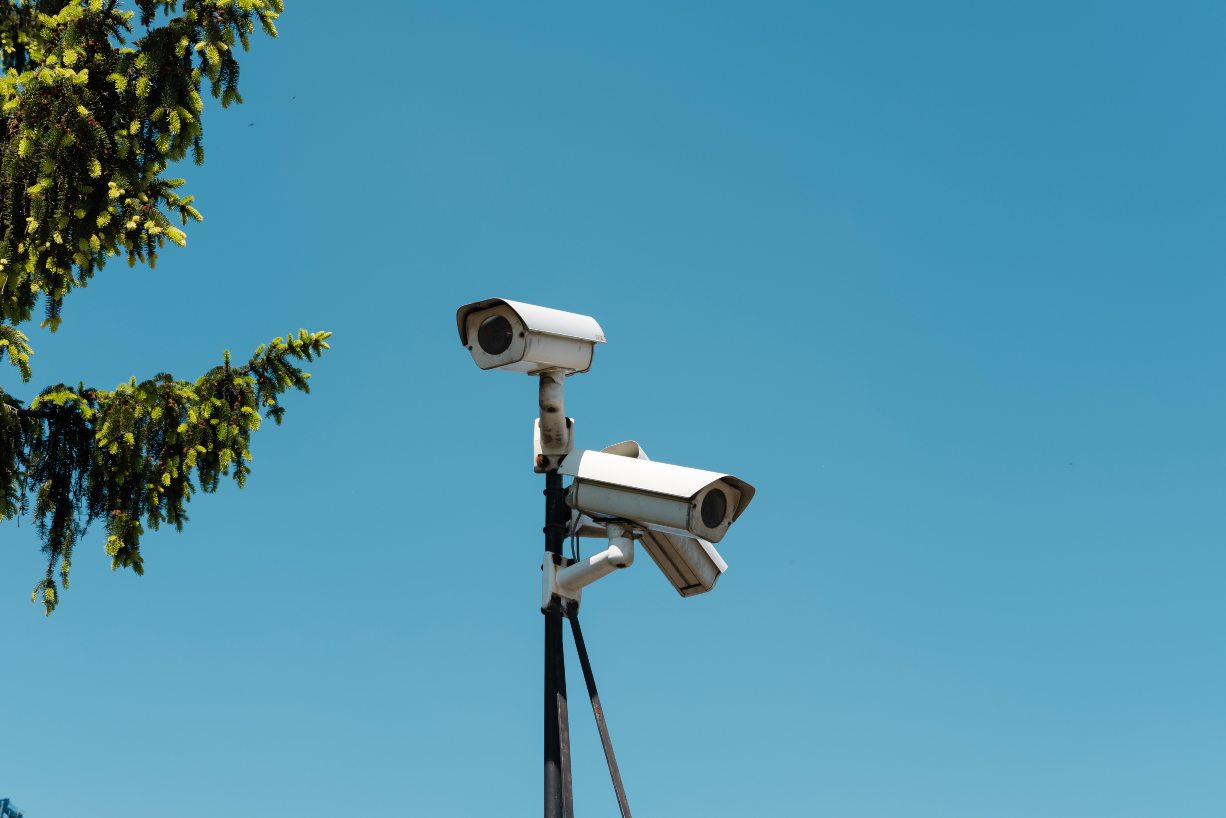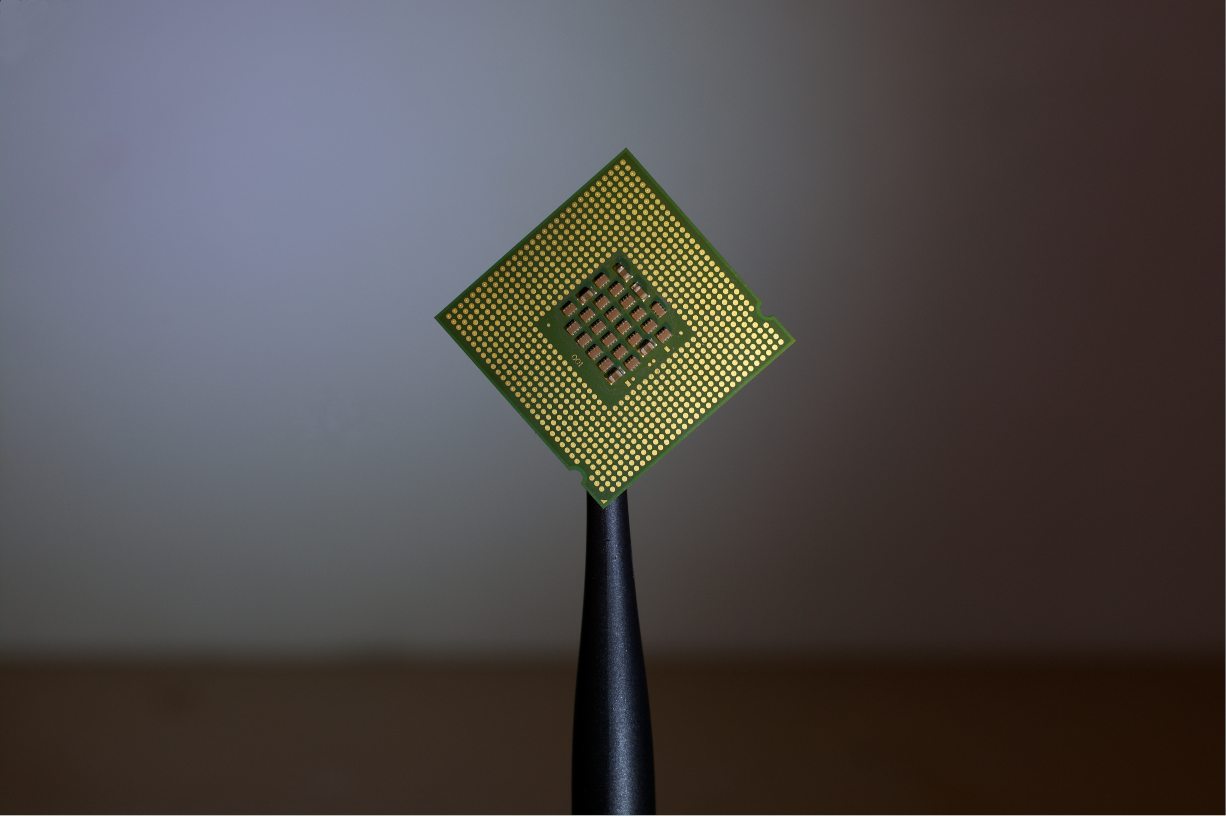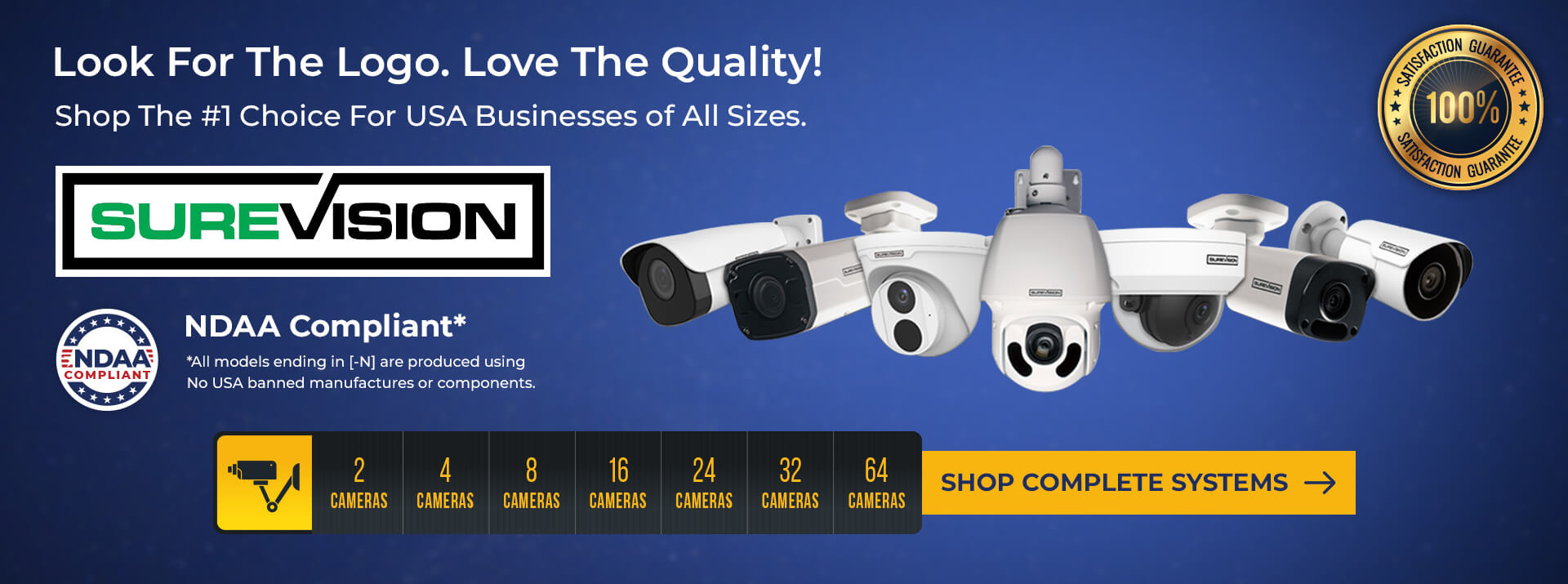What are NDAA Compliant Security Cameras?
Jun 11, 2023

What is NDAA compliance? This is a question that many businesses are asking themselves in light of the National Defense Authorization Act (NDAA). The NDAA was passed in 2012, and it set up new compliance requirements for companies doing business with the US government. If your business falls into this category, then you need to ensure that you comply with the NDAA.
In this post, we will provide an overview of what the NDAA is and what it means for businesses that install video surveillance equipment in government facilities or properties, the NDAA compliance requirements you need to know, and more.
What Does NDAA Compliant Mean?
So, what is NDAA compliance? NDAA compliance Security Cameras refers to a set of security measures that must be met in order to be eligible for certain types of government contracts. The National Defense Authorization Act (NDAA) is an annual defense spending bill that funds the US military. In recent years, the NDAA has included provisions that require contractors to implement certain security measures, such as protecting data from cyber-attacks and installing certain telecommunications and video surveillance equipment that meet specific standards.
To be eligible for NDAA contracts, businesses must demonstrate that they have implemented these security measures. Failure to do so can result in the loss of eligibility for government contracts. However, many contractors have found that understanding what NDAA compliance is and its requirements can also help them protect their data from other threats, such as commercial espionage and cybercrime. As a result, NDAA compliance has become an important part of doing business for many companies.
Buying NDAA-Complaint Security Systems
When buying security cameras and video recorders installed in government buildings, it's important to ensure that the products are NDAA compliant. How do you know if a product meets NDAA compliance requirements?
1. Check the OEM Manufacturer
Now that you know what is NDAA compliance, it's time to check with the manufacturer or vendor to see if they have a certification. Most manufacturers will have a certification from the government that they can provide to show that their products meet NDAA requirements.
However, the most reliable way to find out what OEM the video surveillance equipment vendor is using and whether or not they're on the banned list by the federal government.
2. Check the Banned List of Companies
To understand what is NDAA compliance, you should also check the Department of Defense's (DoD) list of companies that are banned from doing business with the federal government. The DoD updates this list regularly, so it's important to check back often and ensure that your chosen surveillance system is still NDAA compliant. For video surveillance equipment or services, the companies include (mainly Chinese companies):
- Hauwei Technologies Company
- Hytera Communications Corporation
- ZTE Corporation
- Dahua Technology Company
- Hangzhou Hikvision Technology Company
If you're not sure whether a company is on the list, you can contact the Department of Defense for clarification or check the latest NDAA compliance requirements for a list of banned companies. Keep in mind that understanding what is NDAA compliance is more than just protecting your business from financial penalties. It's about protecting the security of the United States.
3. Check the Type of Chipset Used

While an OEM may not be on the banned list, the internal components or chipsets used in the equipment may be. The government has blacklisted over 100 companies, including well-known brands like Hikvision and Dahua. To check if a specific security camera or NVR is banned, you can look up the model number on the Federal Register's website. If you see the model number listed under "Entity List," then the device is not compliant.
This means that buying any products from these companies risks violating the NDAA. What if you already have security cameras installed that use blacklisted chipsets? The government has stated that you are not in violation as long as you make a "commercially reasonable" effort to replace the devices. This means taking active steps to find replacements for your current surveillance system.
Which Video Surveillance Equipment Should You Buy?
The question about what NDAA compliance is shouldn't be a difficult one to answer, and by following these tips, you'll be sure that your business is compliant. If you're considering buying video surveillance equipment that will be installed in any federal or government facility, it's important to only work with NDAA-compliant equipment. There are many vendors who offer this type of equipment.
At CCTV Security Pros, we offer a wide variety of NDAA-compliant surveillance cameras, recorders, and more. We understand the importance of compliance and only offer products that meet or exceed the requirements set forth by the NDAA. Our SureVision line of video surveillance equipment is approved for government use and has no banned chipsets.
Complete NDAA Compliant IP Camera Systems by Number of Cameras:
- 2 Camera IP Systems
- 4 Camera IP Systems
- 8 Camera IP Systems
- 16 Camera IP Systems
- 24 Camera IP Systems
- 32 Camera IP Systems
- 64 Camera IP Systems
Want to learn more about what NDAA compliance is? Still, wondering what does NDAA compliant mean? Call 888.653.2288 to speak with a security expert today.





